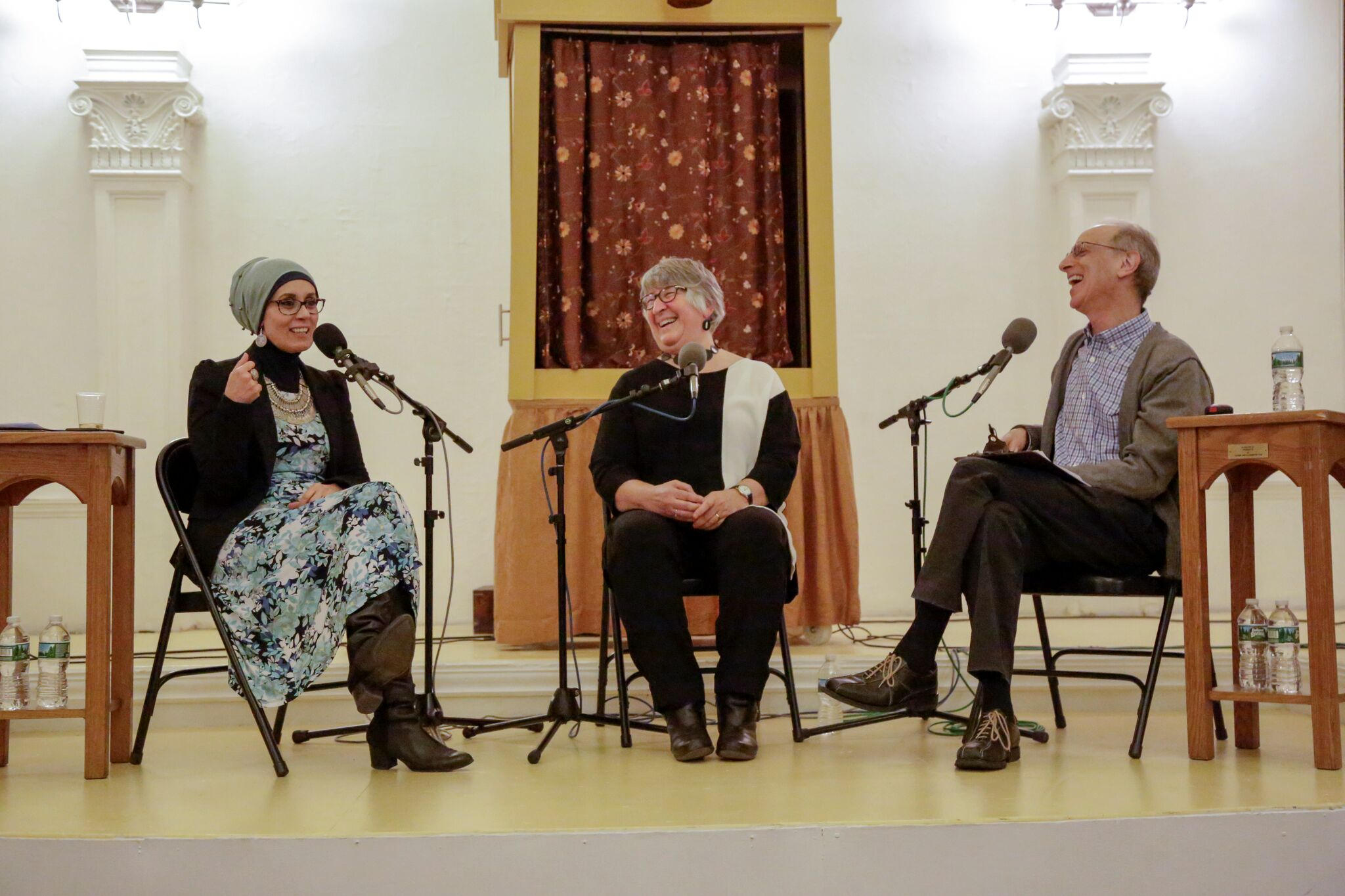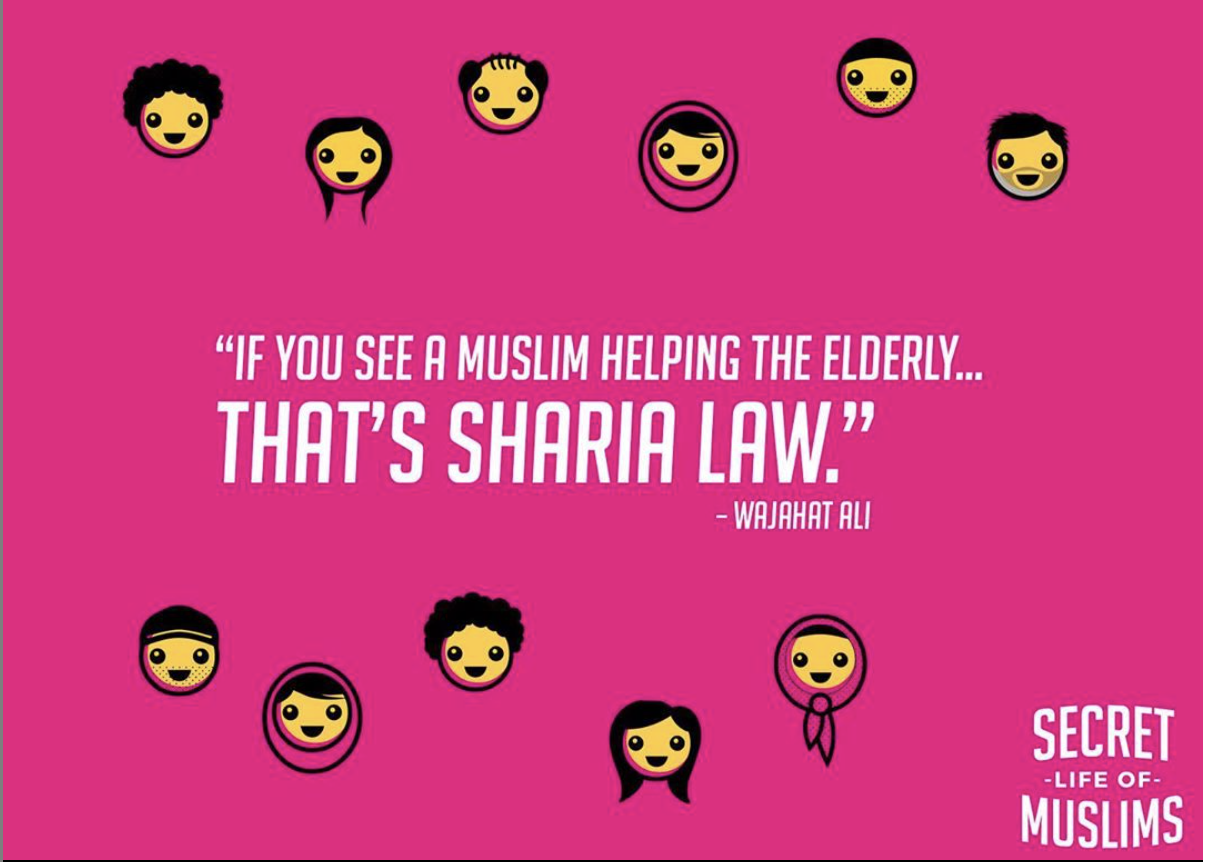This past week Rachel Freier became the first Hasidic Jewish woman to hold elected office in America. An attorney, an activist and a devout Hasidic Jew, Freier took the bench as a civil court judge in Brooklyn one week ago, and in doing so forged a path never before taken by the women in her religious community.
The Hasidic Jewish community is a subset of ultra-Orthodox Judaism, and not unlike Islam when it comes to its emphasis on defined gender roles and modesty. Hasidic Jewish women attend women-only hours at their local swimming pools, dress in garb that conceals their bodies and pray in their own sections in synagogues. In order to protect a woman’s modesty and dignity, Freier became a licensed paramedic and in 2011 launched an all-female EMT unit that tends to women in labor or experiencing gynecological emergencies. She says she loved the concept of “women [wanting] to serve and help other women.”
After her husband completed his studies, Freier felt it was her turn. She graduated from a women-only, Orthodox Jewish-friendly program at private college and then pursued a law degree. She wanted to couple her interest in law with her dedication to public service and decided that the position of judge would accomplish this combination. Under the strictest interpretations of Jewish law, women cannot serve as judges or even witnesses in the religious courts that weigh disputes in Orthodox communities. Freier notes that her new post is separate from these religious tribunals.
Some Hasidic Jews questioned what she was doing.
“[But they realized] I was completely devoted to our religion and our tradition. I didn’t want to ever be considered someone who was turning away from my community. I am from the Hasidic community and I follow the Torah and I don’t think there’s any contradiction to the life that I live.” she explains.
Freier has had to field questions similar to ones that Muslim American women are asked regarding their gender and religion. She responds patiently,
“The Jewish religion venerates, not oppresses, women. If a woman wants to do something and she’s capable, it’s possible without compromising any aspect of Jewish halakha, or Jewish law.”
You can learn more about this story here.



